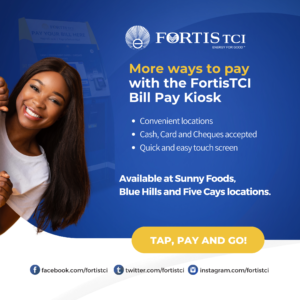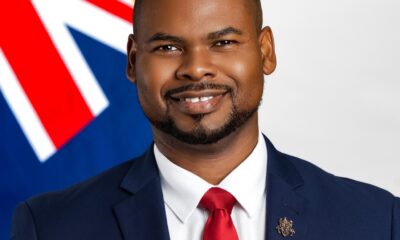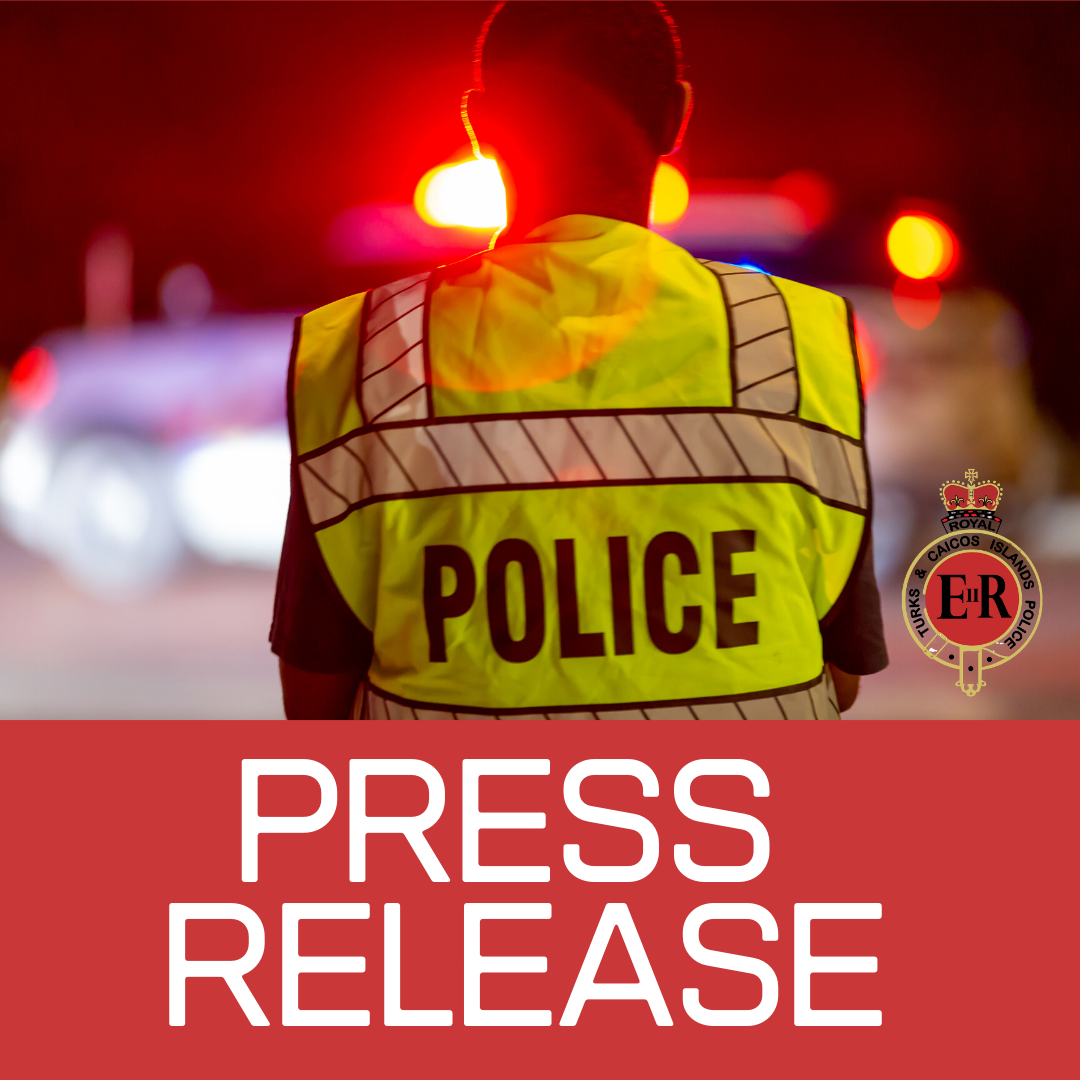Dana Malcolm
Staff writer
#TurksandCaicos, April 7, 2024 – Set at $485,054,646 million, the new National Budget for the 2024/25 financial year will supersede the actual spending for 2023/24 by $100 million according to Budget Drafts prepared by Washington Misick, TCI Premier and Finance Minister obtained by Magnetic Media.
Last fiscal year a total of $436 million was allocated, which reflected a twelve million dollar increase over the originally laid estimates. But data in the proposed 2024/25 budget shows that the Misick administration didn’t manage to spend the $436 million; instead using an actual $385.3 million.
But data in the proposed 2024/25 budget shows that the Misick administration didn’t manage to spend the $436 million; instead using an actual $385.3 million.
That is $50.9 million less than the government had budgeted and $100 million less than what they are planning to spend this 2024/25 financial year.
As is to be expected with such a large jump in the budget, almost every Ministry is getting an increase.
The largest increase went to the Office of the Deputy Premier and the Ministry of Physical Planning and Infrastructure Development with a total allocation of $33.7 million; an increase of $10.9 million over the previous $22.8 million.
Leading that increase is the Maintenance Division, Estate Management Department, Physical Planning and Development Department and Policy Planning and Technical Support.
The Ministry of Health is not far behind with a $93.1 million allocation up from $84 million the year before, an increase of around $9 million after slightly over-spending an actual $85.5 million.
The Ministry of Education is getting $59.8 million.
It’s an increase of around $8 million over the 2023/24 estimates of $51.1 million, during the 2023/24 year. The MOE had spent $46 million of the allotment.
The Ministry of Immigration has allocations of $27.7 million, a notable increase of $5 million over the 2023/24 estimates of $22.7 million. During the 2023/24 year the ministry used $21.7 million. The new larger allocation is attributed to the creation of the TCI Border Force.
The Ministry of Home Affairs is also receiving a sizable boost. They’ve been allocated $17.7 million, an increase of $4.7 million over the 2023/24 estimates of $12.9 million, during the 2023/24 year they spent $13.6 million. Social Development and Welfare are driving the need for more money in Home Affairs.
The Police Force will see $39 million, a jump of $2.9 million over the 2023/24 estimates of $36.08 million, during the 2023/24 year they depleted nearly all of their budget using $35.01 million spent.
The Judiciary is getting $10.1 million, that’s a jump of $1.1 million over the 2023/24 estimates of $9.8 million, during the 2023/24 year the judiciary used. $8.3 million.
Statutory Charges which include pensions and the Contingency Fund will see $89.1 million, a hike of $1.74 million over the 2023/24 estimates of $87.4 million. In the 2023/24 year spending amounted to $51.2 million.
The Office of the Deputy Governor is getting $4.4 million, and will see an increase over the previous estimates of $3 million after spending actuals of $4.4 million in 2023/24.
The House of Assembly was granted $4.4 million a $430,000 increase over the $3.9 million granted to them before. The HoA spent $4 million in the previous financial year.
The Office of the Director of Public Prosecutions is getting $2.6 million, a slight increase of $433,000 over the 2023/24 estimates of $2.1 million, during the 2023/24 year they actually spent $1.6 million.
The National Security Secretariat got a significant uptick of $4.1 million with a 2024/25 allocation of $9.6 million over the estimates of $5.5 million. In 2023/24 the Secretariat actually spent $5.6 million of that disbursement.
The newly created Ministry of Public Safety and Utilities, will have $15.7 million to work with; an increase of $2.4 million over the $13.3 million that was allocated to them the previous year. This department spent its budget in full, using up $13.981 million.
The National Land Secretariat, a new entity, has been granted $4.4 million and the National Audit Office, another new entity, is getting $2.2 million. 
There were only a few decreases and a few departments that stayed relatively the same including: the Ministry of Finance is getting $26.1 million, which is practically equal to the 2023/24 estimates of $26 million, during the 2023/24 year they actually overspent at $31.1 million.
Allocations to the Attorney General’s Chambers were listed as $7.56 million, a major drop of $5.4 million under last year’s estimates which were $12.4 million. This is due to the Crown Land Department being moved from the Attorney General to a minister.
During the 2023/24 year the AG’s Chambers actually spent $9.8 million.
Allocations to The Office of The Governor were listed as $7.4 million which reflects a decrease of $182,000 under last year’s estimates which were $7.62 million. During the 2023/24 year. The office actually spent $6.9 million.
Finally, the Office of the Premier and Public Policy will see a roughly equal allocation of $8.2 million compared to the $8 million allocated to them in the 2023/24 financial year; the actual spending was $7.1 million.
Following the scrutiny of the Appropriations Committee set for this coming week, Budget Debate begins on April 15.


 Caribbean News1 week ago
Caribbean News1 week ago
 Caribbean News1 week ago
Caribbean News1 week ago
 Caribbean News1 week ago
Caribbean News1 week ago
 Caribbean News1 week ago
Caribbean News1 week ago
 Bahamas News7 days ago
Bahamas News7 days ago
 News1 week ago
News1 week ago
 Bahamas News1 week ago
Bahamas News1 week ago
 News7 days ago
News7 days ago


























